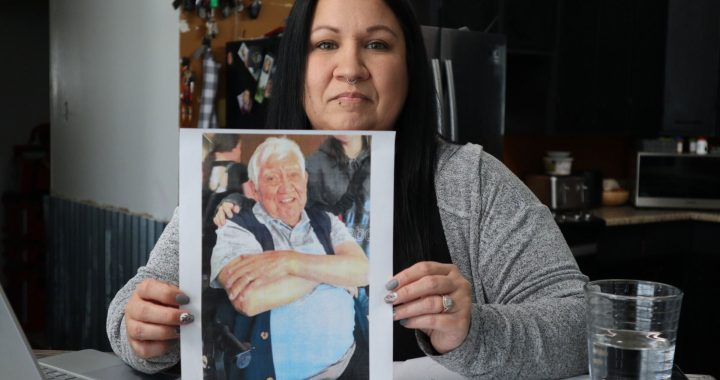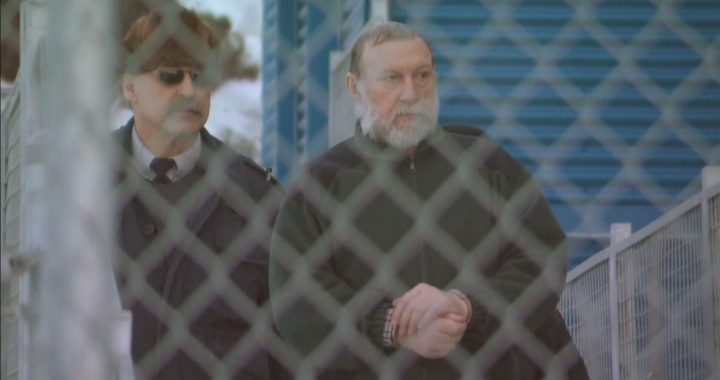The leaders of Williams Lake First Nation stand behind their calls for a public inquiry into the role of police in the death of a father of four from their central B.C. community.
Tensions have escalated since the band and Union of BC Indian Chiefs held a news conference about Rojun Alphonse last month.
Alphonse died by suicide on July 10 after his family made a distress call to police.
Now the National Police Federation, the union representing RCMP nationally, has criticized the news conference.
“We are aware of and concerned, however, by inflammatory and potentially harmful statements made to media that we believe create unnecessary risks for Members and the public by escalating tensions in communities where our Members serve and live,” president Brian Sauvé said in a statement.
Attempting to influence
Sauvé suggested parties were attempting to influence the investigation by the Independent Investigation Office of BC, the police oversight body.
“We respect and support the ongoing investigation by the BC Independent Investigations Office [IIO], and ask that all parties refrain from pre-supposing or attempting to influence the outcome and conclusion,” he added in the statement.
Willie Sellars, chief of Williams Lake, said this is why relations are strained between First Nations people and the local police.
“We give opportunity to these entities to come to the table and have dialogue and educate ourselves, and it’s just not happening quick enough,” he told APTN News in an interview.
“That being said, we need to continue to build this relationship with the RCMP and get to a place where we feel comfortable and confident in the services that are being provided to our communities.”
Emergency calls
According to the IIO, officers responded to emergency calls of a man in distress and in possession of weapons. The RCMP sent its emergency response team.
Alphonse died by suicide hours later.
Indigenous leaders alleged the heavily armed police response escalated the incident.
“Could this man have been saved?” Sellers wondered. “That is what we’re leaning toward, but we need more information.”
Sellers hoped Alphonse’s legacy would be “a paradigm shift” in policing.










